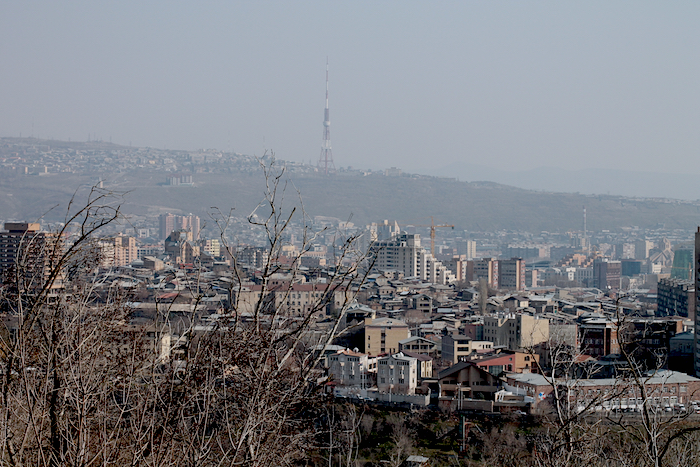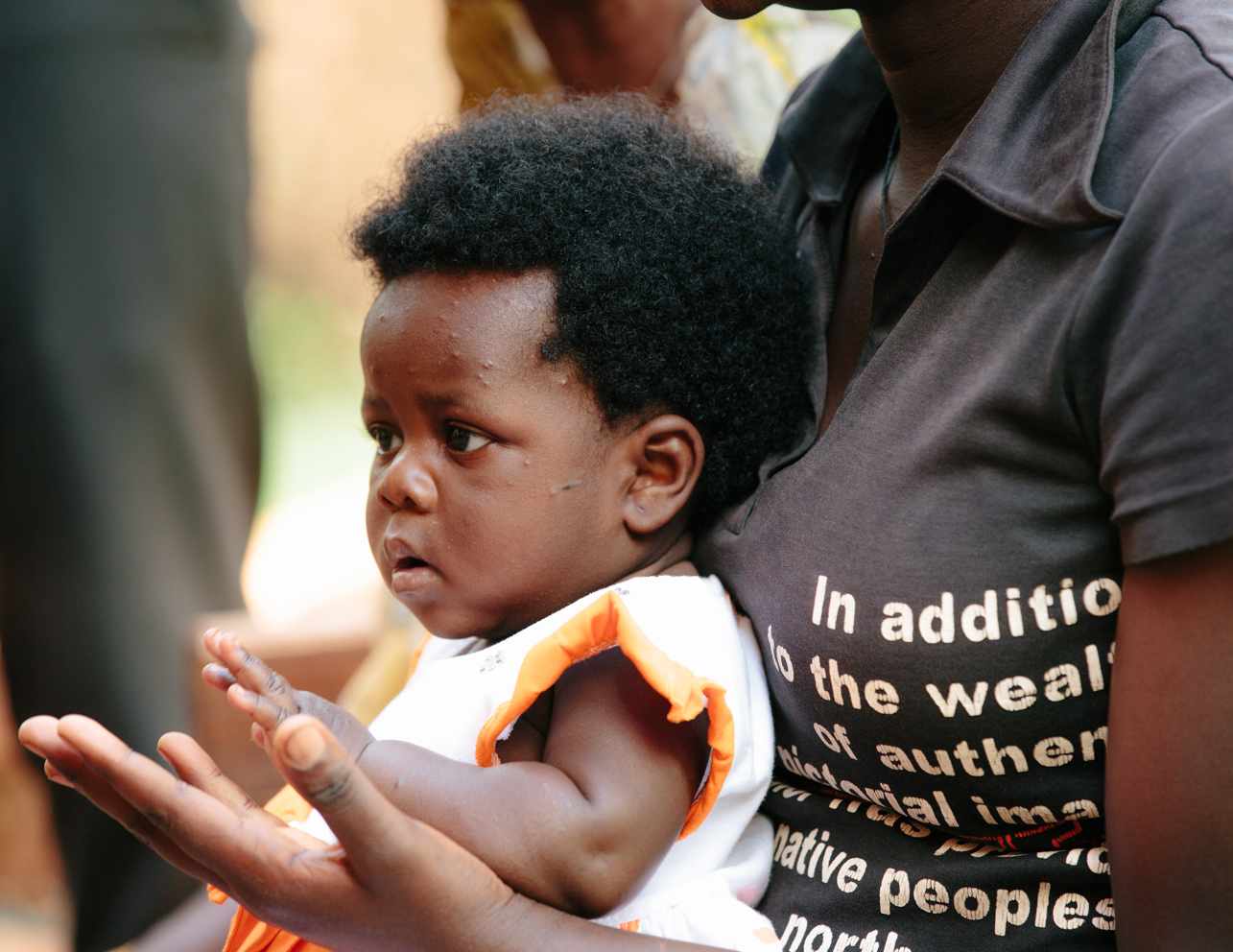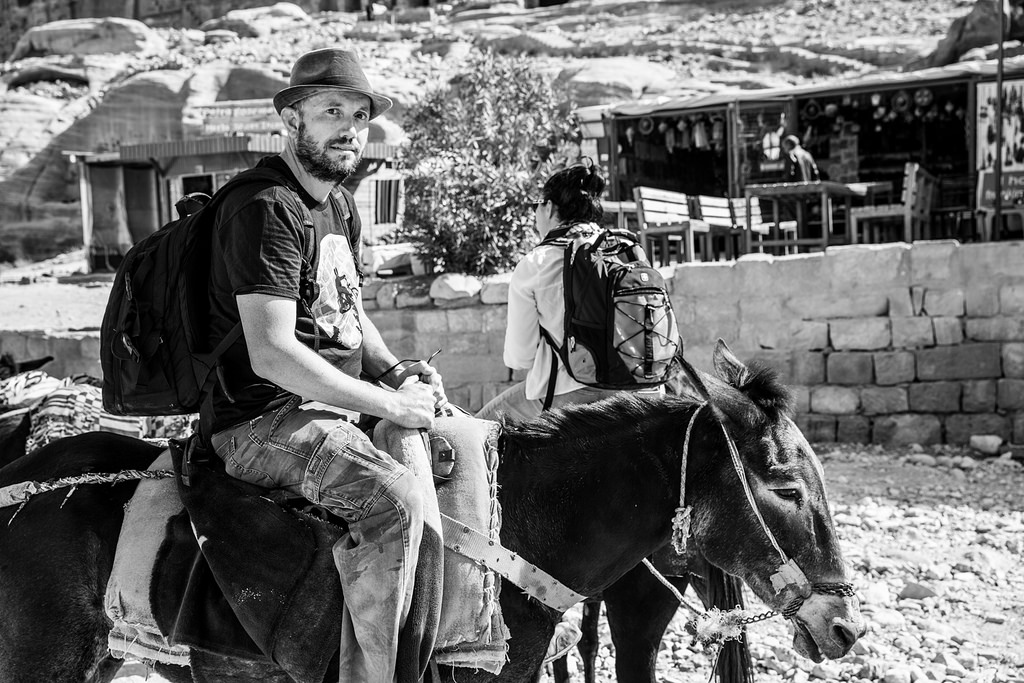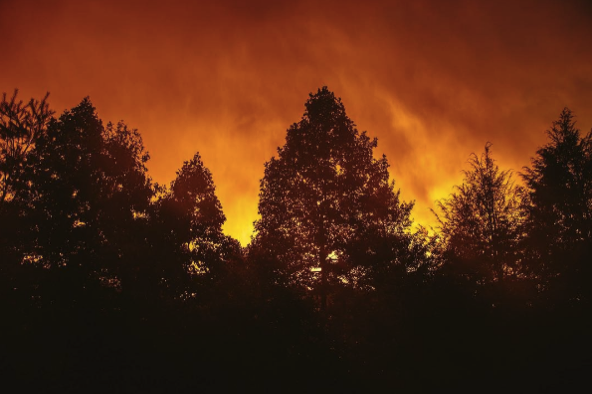Five weeks ago, I stood on a mountaintop overlooking Yerevan, the capital city of Armenia, gazing out across a valley of houses, apartment complexes, warehouses, and office buildings, quietly praying the words of Psalm 23 over the million+ people who call this city home. That’s what I do when I can’t find the words to pray, when my head is too weighted down with questions, when my heart is too overwhelmed by my surroundings: I whisper the words of King David.
The Lord is my shepherd, I shall not want…
But the truth is, I was wanting. In fact, my soul was wanting a lot. Visiting Yerevan’s Genocide Memorial affected me. It still affects me.
This week marks the 100-year anniversary of the genocide, a massacre that historians estimate killed more than 1.5 million people.
Prior to learning that I would be visiting Armenia with World Vision, I didn’t know about the 1915 genocide. It’s embarrassing to admit that. But it’s true, nonetheless.
And yet, when you talk to somebody of Armenia descent, regardless of where they live in the world, nearly every one of them will tell you a name—usually it’s a name of a grandparent or great grandparent or a distant aunt or uncle—of somebody who was personally affected by the events that began in 1915. The stories about the victims and/or survivors are the narratives they grew up hearing and learning about. These stories are etched into the very fibers of their histories, their makeups, their beings. These stories have shaped their worldview and nourished their family’s roots.
Though 100 years have passed, for many Armenian people all over the world, the genocide of 1915 is very much a present event, one that lives on inside of them.
… Yea, though I walk through the valley of the shadow of death …
One Armenian woman said this: “I think we’re still waiting for the rest of the world to acknowledge the pain of our past.”
A spark of hope lit up inside millions of Armenians’s hearts last week when, during his Sunday mass, Pope Francis called the events of 1915 “genocide.” That was a huge step in a hopeful direction for a people who have waited a century for many of the most powerful and influential world leaders to acknowledge that what the Ottoman Empire committed in 1915 was genocide. But the pope’s words also caused a firestorm of political anger.
The UN quickly rejected Pope Francis’s claims. Turkey’s leaders fired back at the pope, suggesting that the leader of the Catholic church had joined an “evil front” against Turkey.
While France, Great Britain, and Russia all acknowledge the massacre as a genocide, once again, the United States will steer clear of using the word. Despite his campaign promise to join the declaration, when President Obama commemorates the genocide on April 24, he will use all the words available to define a genocide, but due to opposition from the State House and key Pentagon officials, he will not call it a genocide for fear that it would disrupt our relationship with Turkey.
…Thou preparest a table before me in the presence of mine enemies …
It’s uncanny how just one word, a truthful word according to most history scholars, can create such turmoil, anxiety, and political disruption. And while it’s easy for many of us to cast judgment on Turkey’s refusal to revisit the deeds of their ancestors 100 years ago, it’s rarely easy for any country to revisit the sins of its past, let alone, showcase a national solidarity in seeking forgiveness and reconciliation. The process is complicated. The ramifications are often complex. And the pathway is bumpy, political, and often laced with an excruciating aftermath.
Consider the United States’s long and complicated path toward recognizing the multitude of wrongs committed against Native Americans. What if there was a mass cry for the U.S. government to recognize these sins as genocide? We can’t even agree that the Washington Redskins should change their name, let alone come to terms with the truth of our history.
…Surely goodness and mercy will follow me all the days of my life…
The one lesson that all of us can learn from the Armenian people is this: hand down your story to the next generation. Whatever that story is. Whether it’s painful or powerful, provocative or political, give the next generation the opportunity to experience and grow and remember and learn from the events of our pasts. Because that’s what’s kept this story alive: Great grandparents told the stories. Grandparents reiterated the stories. Parents retold the stories again. And today’s generation of Armenians continue to remember and value and respect the pain of their ancestors.
They are a living testament to the power of story and how, despite all the politics and denial and stone-throwing they’ve faced, the story of the Armenian Genocide lives on.
… Amen.
Viagra is for the treatment of inability to get or keep an hard-on and similar states when erection is of low quality. When you buy remedies like cialis from canada you should know about cialis online canada. It may have a lot of brands, but only one ATC Code. Erectile malfunction, defined as the persistent impossibility to maintain a satisfactory erection, affects an estimated 15 to 30 millions men in the America alone. Sexual heartiness is an substantial part of a man’s life, no matter his age etc.





